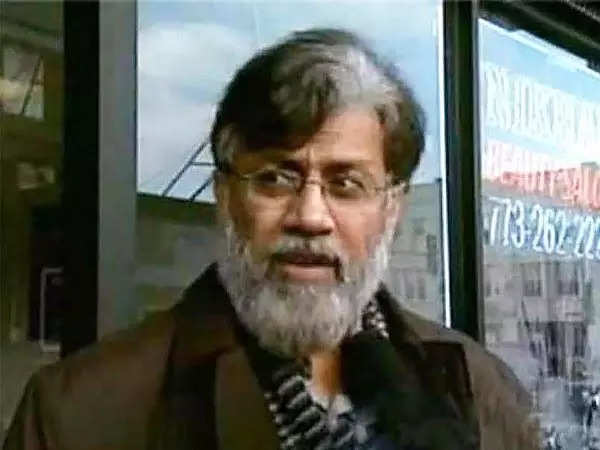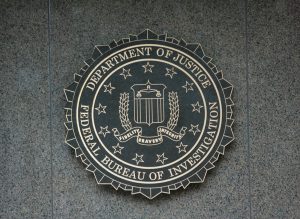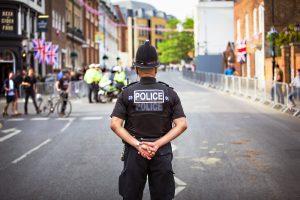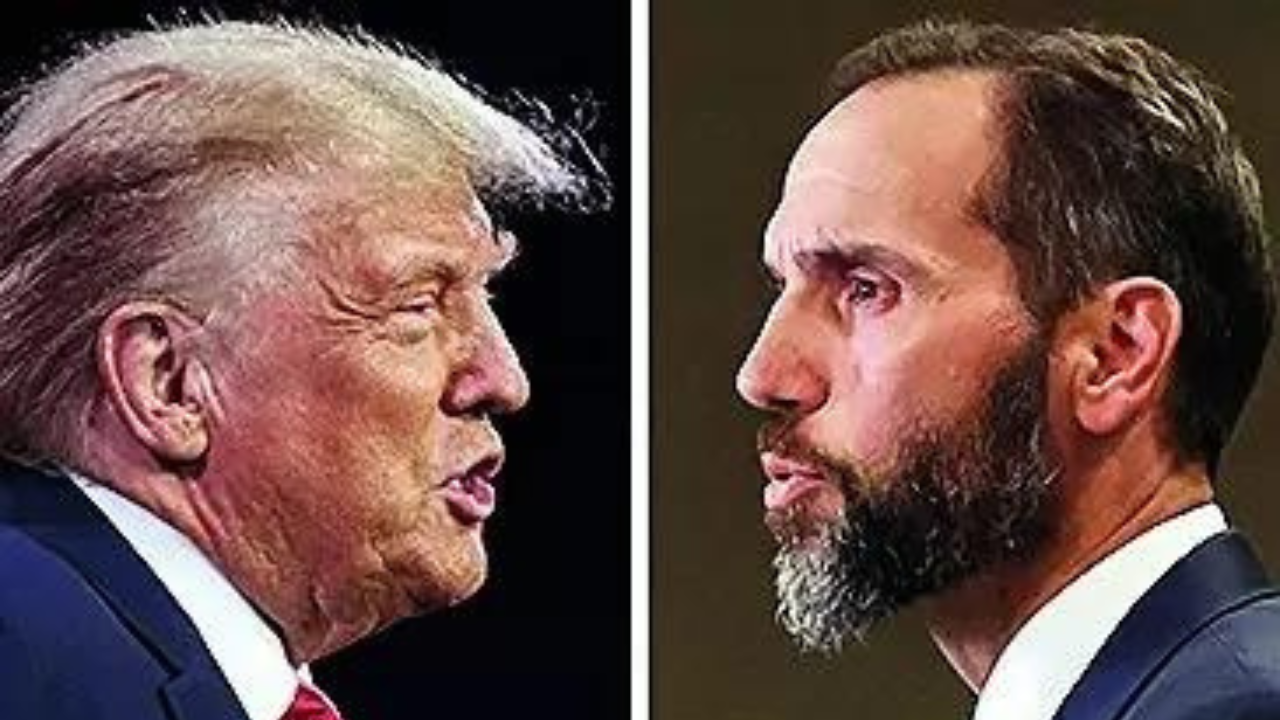Tahawwur Rana’s petition against extradition to India

The Biden administration has urged a California court to reject a writ of habeas corpus filed by Pakistani-origin Canadian businessman Tahawwur Rana and reiterated that he be extradited to India where he is facing trial for his involvement in the 2008 Mumbai terror attacks. Demand is being made. The US court had approved Rana’s extradition to India in May.
Rana is currently detained at the Metropolitan Detention Center in Los Angeles. In his petition filed earlier, US Attorney E Martin Estrada for the Central District of California said, “The United States respectfully requests that the Court dismiss Rana’s petition for a writ of habeas corpus.” US District Court for the Central District of California.
Opposing Rana’s plea, Estrada said the petitioner has been unable to demonstrate that India’s extradition request lacks sufficient evidence of probable cause. Last month, Rana had filed a writ of habeas corpus challenging the court order. The US government’s request that he be extradited to India was approved. Rana’s lawyer argued that his extradition would violate the US-India Extradition Treaty on two counts.
First, Rana was tried in the US District Court for the Northern District of Illinois and acquitted. The charges are based on the very conduct for which India wants to prosecute him. Extradition is therefore barred under Article 6(1) of the treaty, which declares that “(e) extradition shall not be granted if the person sought has been convicted or acquitted in the requested State of that offense for which extradition is requested”. Second, the materials presented by the Indian government – consisting mainly of transcripts and exhibits from Rana’s trial in the Northern District of Illinois – fail to establish probable cause that he committed the crimes India accuses him of .
According to Rana’s lawyer, the Indian government’s extradition request fails to satisfy Article 9.3(c) of the treaty. Rana’s counsel argued that the court should grant a writ of habeas corpus, refuse extradition and order Rana’s release. India lodged a complaint on June 10, 2020, seeking the provisional arrest of Rana with a view to extradition.
The Biden administration had supported and approved his extradition to India. In his submission to the court on June 23, the US lawyer had argued that Rana’s claims about the legality of his business in Mumbai were false. The evidence does not support his claim that the Mumbai office conducted legitimate business, but even if it did, the involvement of legitimate business activities does not preclude the conclusion that Rana’s business was run by his childhood friend Pakistani-American David Coleman Headley.
It also acted as a cover for terrorism-related activities in Mumbai.” The claims about who funded the Mumbai office are not related to whether Rana had knowledge and support of Headley’s activities. There was a shortage. Similarly, even though Rana was expected to continue business operations in Mumbai, the evidence shows that neither Rana nor Headley renewed the expired business lease. Estrada argued, “the beginning of the Mumbai attacks about two weeks before. Headley was one of the main conspirators of the 26/11 Mumbai attacks.
Estrada said the fact that Rana had received a warning before the attacks did not preclude the finding of a possible cause. , He added, “In late 2008, when Headley learned that Rana was about to travel to China and India, he decided to warn Rana that an attack could be carried out through a co-conspirator.” Rana and the co-conspirators are unidentified, FBI intercepts on September 7, 2009 revealed that Rana told Headley that his co-conspirator had warned him (Rana) that the Mumbai attacks were imminent. Contrary to Rana’s claim, the co-conspirator’s warning shows do not mean he was unaware of the upcoming attacks,” argued the US attorney.
Instead, it merely states that Rana was not aware of the date of the attack, which is consistent with the fact that Headley had already informed Rana that the planned attack was being delayed. Estrada said Rana’s claim that he did not review Headley’s visa application was not supported by the evidence. “(The applications) were checked for accuracy as they corrected the statement that Headley worked for ‘First World Immigration’ instead of ‘Immigrant Law Centre’,” he said. Tahawwur Rana’s petition against extradition to India.
‘ While ‘Immigration Law Center’ is a ‘DBA’ Rana’s business partner Raymond J. Sanders, that business and ‘First World Immigration’ had the same address and telephone number. Significantly, India issued Headley a business visa even though she wrote ‘First World Immigration’ on her 2006 visa application and Mr Sanders’ letter of support referred to the employer entity as ‘Immigration Law Centre’ Thus, Rana’s claim is correct, the US attorney said, “not mitigating probable cause and not persuasive. India’s National Investigation Agency (NIA) is probing Rana’s role in the 26/11 attacks carried out by Pakistan-based Lashkar-e-Taiba terrorists. Tahawwur Rana’s petition against extradition to India.
The NIA has said that it is ready to initiate proceedings to bring him to India through diplomatic channels. A total of 166 people, including six Americans, were killed in the 2008 Mumbai terrorist attacks, in which 10 Pakistani terrorists laid siege, assaulted and murdered for over 60 hours. People at iconic and important places in Mumbai.Tahawwur Rana’s petition against extradition to India 2023.
Biden | Source link





Comments are closed.